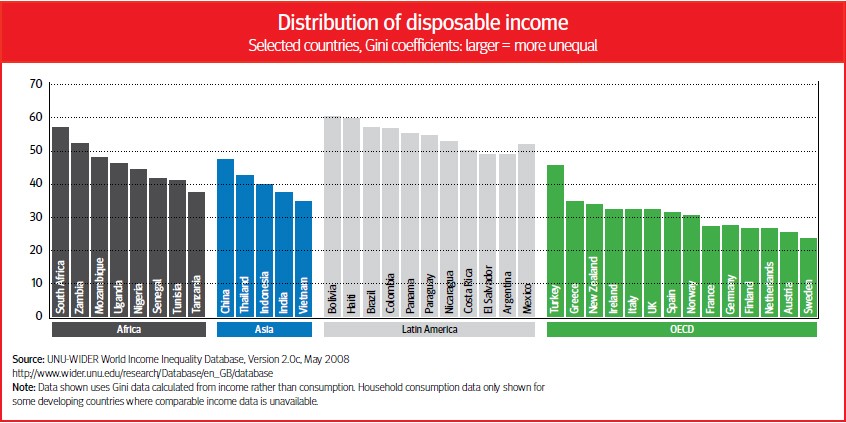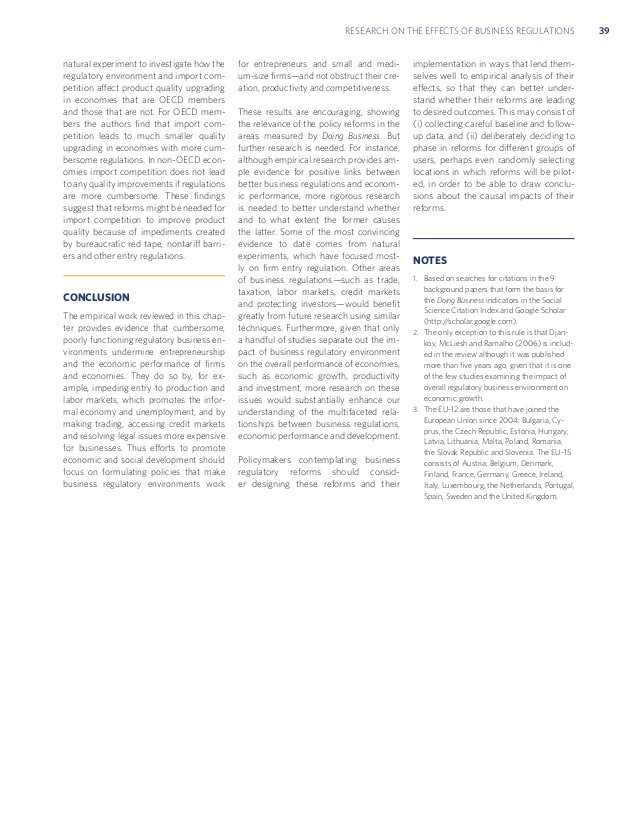Africa an emerging markets frontier OECD Observer
Post on: 16 Март, 2015 No Comment

Africa: an emerging markets frontier
Javier Santiso
Chief Development Economist and Deputy Director OECD Development Centre
Something new is happening in Africa. Once talk of investment in the continent’s countries was dismissed as idealism. Now global investors are turning their eyes–and their funds–to a new investment frontier. Is this short-term euphoria?
The very idea of private equity and hedge funds racing to place their bets on the African continent seemed almost incongruous until such a short time ago. Today it has become a reality.
In fact, Africa is in the process of becoming the new frontier for emerging market investors. A look at this hitherto hardly noticed trend reveals some impressive movements. The enthusiasm is no longer limited to South Africa, for instance. Instead, from bases in London and New York, Johannesburg and Lagos, flows of investment into the entire continent are gathering pace, to countries like Kenya, Ghana and Botswana. As recently as last February, the Russian-based investment bank Renaissance Capital announced the launch of a billion-dollar pan-African investment fund. By 18 April, the company announced that it was well on the way to creating “a fully-fledged, pan-regional investment banking, research and asset management operation”, with offices in Lagos and Nairobi. South Africa’s Pamodzi Investment Holdings has announced a US$1.3 billion pan-African fund too, this one backed by US financial institutions. The London-based fund Blakeney Management, which has been committed to Africa for well over a decade, now invests in Angola, Mozambique and Ethiopia, betting on the countries that have managed to pull themselves out of years of violent conflict. In total, nearly $3 billion in private equity has been raised so far in 2007 for Africa.
Investors in the emerging equity markets are also developing a taste for Africa, with global emerging market funds deploying nearly 10% of their portfolios on the continent. Pan-African securities funds, such as those developed by investment firms Investec or Stanlib, a subsidiary of the Standard Bank of South Africa, are appearing and represent another revealing trend. Imara, a South African investment group, now offers three African funds, two of which are dedicated exclusively to Nigeria and to Zimbabwe respectively. The largest pan-African fund to date also comes from South Africa, with Ethos Private Equity’s $750 million fund launched in 2006.
Africa is not just about new players, of course. One of the more established private investors in Africa is the Saudi prince Al-Walid Ibn Talal Al Saoud who has investments in Ghanaian banking, Telecoms in Senegal, and in July 2005 was behind the creation of a new $400 million fund: HSBC Kingdom Africa Investments, in association with HSBC bank.
But something new is happening, as now even the hedge funds are getting in on the action. Tudor Investments took a risk on Africa Opportunities Partners, a vehicle for investing in Tanzanian beer, Senegalese Telecoms, and insurance companies in Egypt. The Swiss financier Nicolas Clavel launched the first hedge fund in Europe entirely dedicated to Africa on 1 July 2007: the Scipion African Opportunities Fund, with the aim of raising $700 million.
So what exactly is going on? Has Africa changed or is there just so much money slushing about that all bets are on? External factors certainly play a role. International conditions and low yields in OECD countries, high liquidity and the search for high returns all lure investors into the arms of ever riskier investments. Meanwhile, investment opportunities have expanded greatly in African countries, with over 522 firms now listed on sub-Saharan stock exchanges, up from barely 66 in 2000. Financial information and communications infrastructure are also greatly improving, so much so that Renaissance Capital’s analysts can now cover over a dozen sub-Saharan local equity markets—a feat that would have been unthinkable five years ago.
But Africa too has changed. Indeed, this is the core reason for all the enthusiasm. As the annual African Economic Outlook, a joint publication of the OECD Development Centre and the African Development Bank, has underlined for several years now, growth in Africa is back on track, and not just because of oil or mineral wealth. Rather, Asia’s thirst for competitive exports has spread to the African continent. Meanwhile, governments are modifying their policies and encouraging private investment in viable and profitable projects with a lasting impact on development. As the Outlook has pointed out, this trend must continue if African leaders are to put their economies on a fast track to growth. And that means more opportunities for investment are bound to open up.
One important attraction to investors is the increasingly qualified and sophisticated staff, with a new generation of internationally experienced African financiers at the helm of most Africa-centred funds. For example, there is Kofi Bucknor, a Ghanaian who leads the Accra-based fund of Kingdom Zephyr African Management Company. And there is Vincent Le Guennou, an HEC and Harvard-educated manager of the largest private equity firm on the African continent: the $1 billion Emerging Capital Partners funds based in Tunis.
The reaction of the world’s main financial centres to Africa has been far from euphoric. The funds are there, but so far the expertise available in these financial centres has been timid. But in Africa itself and outside the OECD area the approach to the new opportunities has been bold. It is surely time the “old” financial centres took a fresh new look at Africa, perhaps with an eye for innovation and in partnership with other players. Already some major investment banks such as UBS are collecting data and analysis on Africa, while others are planning to muscle their teams. This is good news for Africa as it means the continent is no longer being overlooked by equity and bond analysts.

Beyond private funds from OECD-based institutions, other players, such as China, India and Brazil, are also present on the continent. China and India have long had some presence in Africa, but not on the scale of today. Groups like Tata from India and oil companies from China have become major competitors of OECD-based firms. And this phenomenon is not limited to the socalled BRIC countries: in October 2007, Dubai Ports World (DP World), a United Arab Emirates sea ports management company, signed a 25-year agreement to run Senegal’s most crowded containers ports, beating the French group Bollorй to clinch the contract.
Africa has changed because it needs to. It may not become a new stellar emerging market overnight like Asia or Latin America, but the continent is likely to become a solid pole of attraction. African leaders now realise that aid is no longer Africa’s only recourse; as one leader put it, what the continent needs is less sympathy and more investment. Private investment may not flood into the continent, but a steady flow is nonetheless good news. It is now largely up to policymakers to ensure that the growing interest in Africa does not evaporate into short-lived euphoria.
References
Goldstein, Andrea et al. (2006), The Rise of China and India: What’s in it for Africa?. OECD Development Centre, Paris.
OECD (2007), African Economic Outlook. Paris
©OECD Observer No. 263, October 2007
Visit OECD Development Centre’s website: www.oecd.org/dev














